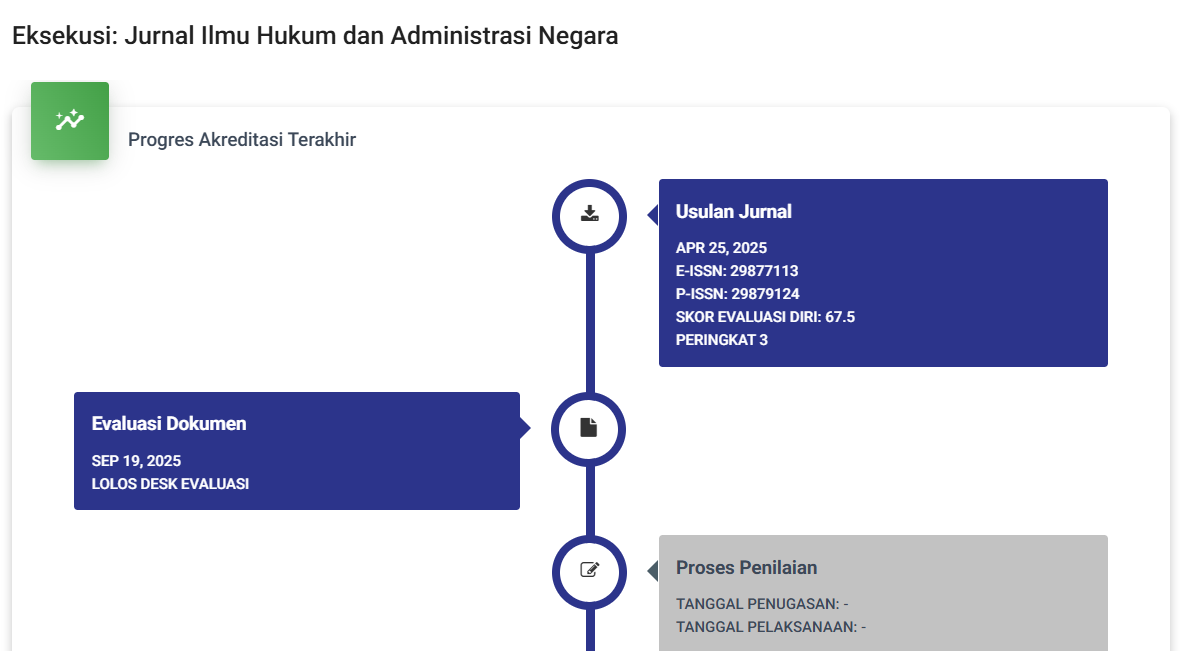Literature Review: Peran Strategis Pemimpin dalam Menciptakan Budaya Kerja yang Progresif dan Berkelanjutan
DOI:
https://doi.org/10.55606/eksekusi.v3i1.1661Keywords:
Leader, Work Culture, Progressive, Sustainable, OrganizationAbstract
In the era of globalization and increasingly fierce business competition, companies need to have a progressive and sustainable work culture to stay relevant and grow. Leaders have a key role in shaping and directing organizational culture, which includes the values, attitudes, and behaviors desired in an organization. A progressive work culture can improve performance, innovation, and employee satisfaction and engagement. This study aims to understand the strategic role of leaders in creating a progressive and sustainable work culture in organizations. This research uses a literature review design with the SPIDER approach (Sample, Phenomenon of Interest, Design, Evaluation, and Research Type), this method was chosen because it is able to accommodate both qualitative and quantitative research. The results showed that leaders who have a clear vision, good communication skills, and active involvement in developing and maintaining organizational values, can create a progressive and sustainable work culture. Based on the discussion in this article, it can be concluded that leaders play a vital role in creating a progressive and sustainable work culture. With effective leadership, a work culture that supports sustainable development can be created, which in turn can improve organizational competitiveness and performance.
References
Arifin, B., Kuswandi, K., & Rahayu, S. (2024). The influence of corporate culture, leadership style, work environment, and work discipline on employee performance (Case study at PT. PLN (Persero) UPP JBTB 3). Jurnal Ekonomi, 13(2). https://doi.org/10.54209/ekonomi.v13i02
Az-Zaakiyyah, H. K., Almaududi Ausat, A., & Suherlan. (2024). Corporate culture and employee performance: The role of vision, mission, norms, and employee focus. Al Qalam: Jurnal Ilmiah Keagamaan dan Kemasyarakatan, 18(4). https://doi.org/10.35931/aq.v18i4.3572
Farras, M. F., Hadian, D., & Hardiyana, A. (2024). The influence of transformational leadership and organizational culture on employee performance (Study of one of the companies operating in the field of publishing and book trading in the city of Bandung). Acman: Accounting and Management Journal, 4(1), 20–28. https://doi.org/10.55208/aj
Fitriyah, N., Sukasmono, T., & Qomariyah, N. (2024). The role of leadership style and motivation in improving employee performance. Jurnal Ilmiah Manajemen Kesatuan, 12(1), 1959-1968. IBI Kesatuan.
Gibbons, R., & Roberts, J. (forthcoming). Organizational analysis and culture. American Economic Review: Papers & Proceedings, 105(5), 331-335. https://doi.org/10.1257/aer.p20151001
Gustyan, D., & Anggarani, A. (2024). The effect of leadership in organizational change in schools. The Effect of Leadership in Organizational Change in Schools, Faculty of Economics and Business, Universitas Esa Unggul, Bekasi, Indonesia.
Indarta, Y., Sugriwaputra, R. A., Saumadin, & Mansuri, F. (2024). The evolution of servant leadership research (2020-2024): A systematic review and social impact analysis. Journal of Scientech Research and Development, 6(2). https://idm.or.id/JSCR/index.php/JSCR
Odunayo, H. A., & Abe, I. O. (2024). The role of leadership styles in enhancing workplace effectiveness: Case study of Nigerian manufacturing firms. Jurnal Muhammadiyah Manajemen Bisnis, 5(1).
Putra, D. M., & Nasution, N. (2024). The role of organizational culture on employee performance through job satisfaction and work motivation. Journal of Entrepreneurship and Business, 5(1). https://journal.ubaya.ac.id/index.php/jerb
Sahid, A., Amirullah, I., Khaeriyah, K., Natsir, N., & Syafaruddin, S. (2023). Transformational leadership in organizational change. International Journal of Economics and Management Research, 2(2), 172–177. https://doi.org/10.55606/ijemr.v2i2.110








